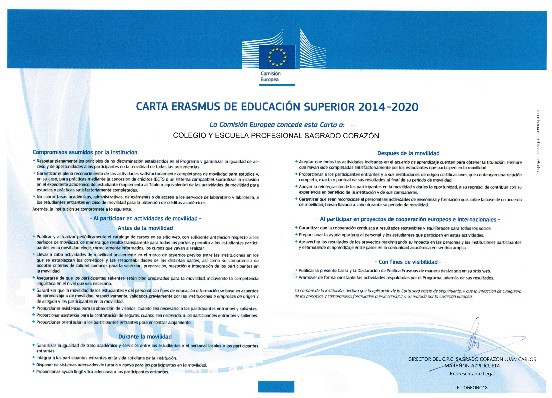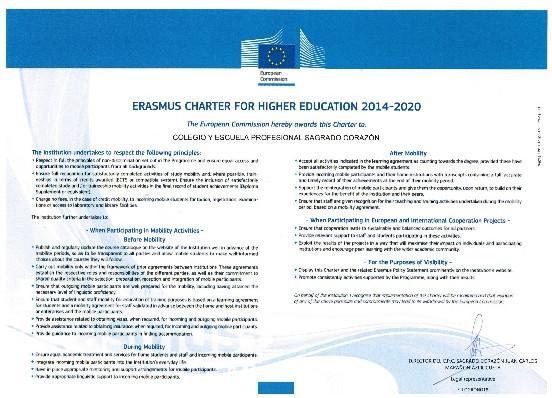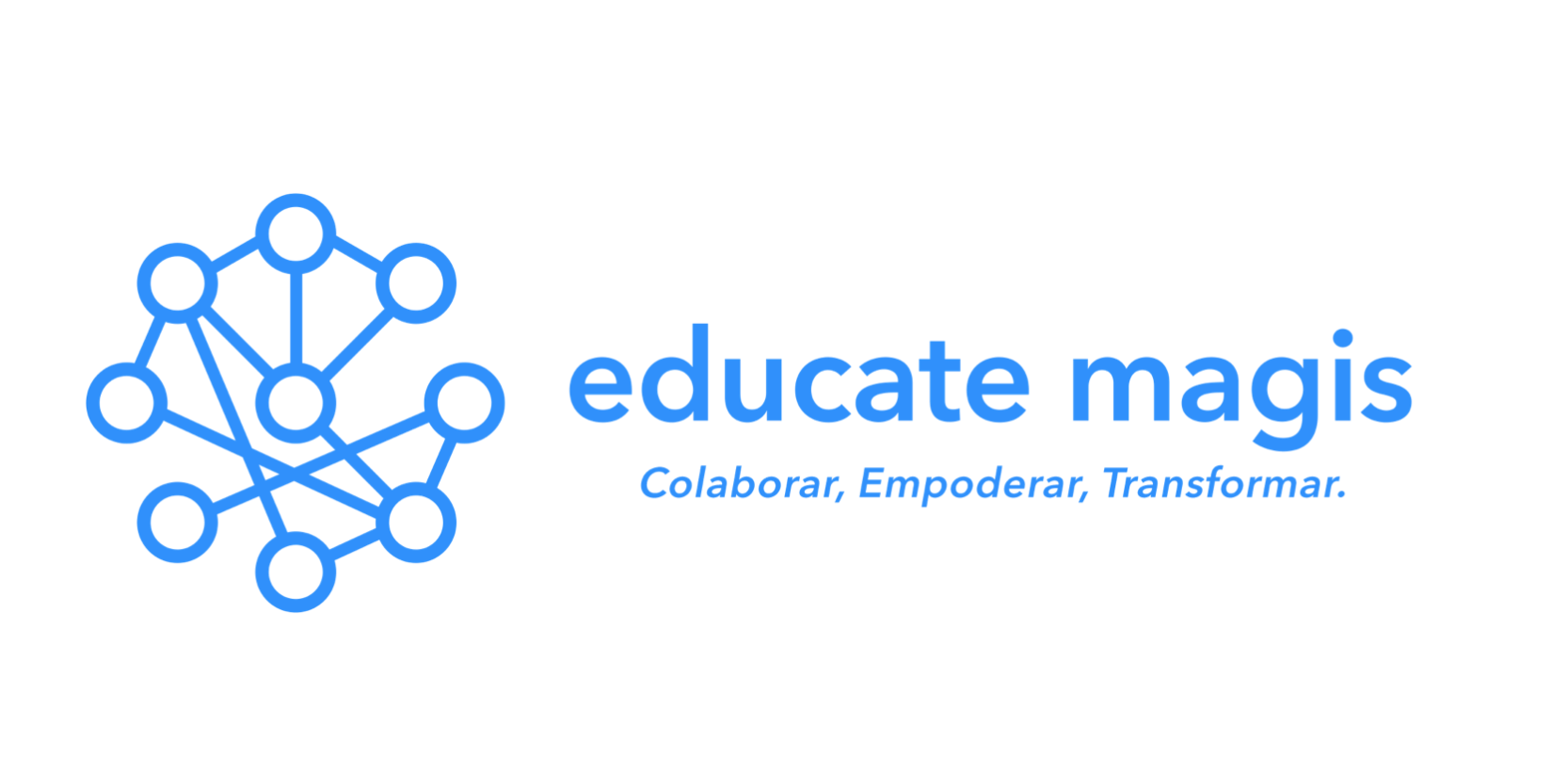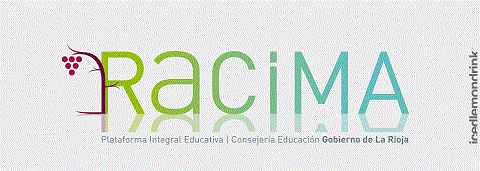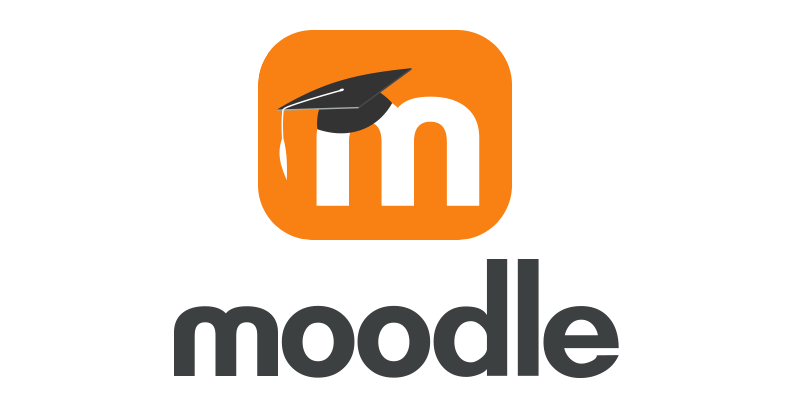Erasmus+
Erasmus+ is an EU programme in the fields of education, training, youth and sport for the period 2014-2020.
Our training college aims to use this programme to enable our students in intermediate and advanced levels of vocational training to undertake placements in Workplace Training (WT) in other European countries,
besides developing a sense of belonging to the EU that will foster positive attitudes toward Europe and improve their employability.
Our college is part of a consortium headed by the Regional Government of La Rioja’s Department of Education, Training and Employment for the placement of students in advanced vocational training within
the project “PROYECTA-T EN EUROPA”.
Our college has its own project for students in intermediate vocational training called EUROVOCATION, which provides at least two places for each one of the specialities we teach.
Since the start of the Erasmus+ programme in 2014, more than 40 students from our college have undertaken placements abroad in the United Kingdom, Ireland, Germany, Italy and Malta, among others.

Advanced Vocational Training
In 2015, our college was awarded the Erasmus Charter for Higher Education, a recognition that enables us to send and receive students in intermediate and advanced levels of vocational training
and in higher education within EU countries.
This recognition has allowed the college to take part in the consortium headed by the Regional Government of La Rioja’s Department of Education, Training and Employment for
the development of the “PROYECTA-T EN EUROPA” project.
Through this project, between two and four students per year from our Advanced Vocational Training Courses undertake placements in Workplace Training (WT) in other European countries.
Erasmus Policy Statement
Our international strategy seeks to improve the quality of our teaching processes and their European dimension through the subscription of cooperation agreements with different European centres and businesses
for the pursuit of joint projects and the mobility of both students and staff.
The following aspects are to be considered when subscribing these agreements:
a) Elección de los socios:
Los centros educativos serán seleccionados de entre los que impartan perfiles profesionales similares a los ofertados por nuestro centro teniendo en cuenta la calidad de los mismos y la predisposición para el trabajo conjunto que permita el enriquecimiento mutuo.
Las empresas serán seleccionadas en función de los perfiles profesionales que requieran y su importancia dentro del sector productivo asegurando unos niveles calidad acordes a los exigidos por nuestro centro para la realización de las prácticas de formación de nuestro alumnado.
Para la búsqueda de socios se hará uso de las distintas redes de contactos disponibles, encuentros internacionales y herramientas informáticas. Todas las propuestas de colaboración recibidas serán tenidas en cuenta valorando su adecuación a los objetivos del centro, a los perfiles profesionales requeridos y a las preferencias del personal y los alumnos a los que van destinados.
b) Áreas geográficas:
Los límites de las áreas geográficas para la selección de socios los establece el programa Erasmus+. El centro está abierto a cualquier propuesta dentro de este ámbito geográfico.
c) Objetivos más importantes y grupos destinatarios de las actividades de movilidad:
Our international strategy seeks to improve the quality of our teaching processes and their European dimension through the subscription of cooperation agreements with different European centres and businesses
for the pursuit of joint projects and the mobility of both students and staff.
The following aspects are to be considered when subscribing these agreements:
- a) Choice of partners:
Educational centres are to be selected from among those whose professional profiles are similar to the ones our college provides, bearing in mind their quality and their willingness to work together
for mutual enrichment.
Business will be selected according to the professional profiles they require and their standing within the productive sector, ensuring high levels of quality that are consistent with those our college
expects for the arrangement of placements involving our students.
The search for partners will involve the contact networks available, international gatherings, and software tools. All partnership applications received will be considered, assessing their consistency
with the college’s goals, the professional profiles required, and the preferences of the staff and students targeted.
b) Geographical areas:
The limits on the geographical areas for the choice of partners are set by the Erasmus+ programme. The college is open to any proposal within this geographical sphere.
c) Main goals and target groups for mobility activities:
The overriding goal of those involved in the Erasmus+ programme is to increase the quality of the teaching our college provides, while enhancing its European dimension as a way of helping
our students to join the labour market, opting for jobs of an international nature.
The aim is also to reinforce skills, improve professional competencies, and promote the learning of foreign languages across the entire college community.
The college seeks to promote mobility within the framework of the EU’s Lifelong Learning programme, providing a selection system based on equal opportunities and non-discrimination.
Mobilities will be recognised both through the use of the European Credit Transfer System – ECTS (22 credits for WT placements) and through the issue of the Europass Certificate Supplement as a document attached to an
vocational training diploma.
The results will be disclosed through the college’s website, local media or at presentations held.
The following are the specific goals for students taking part in the mobilities:
Improve their professional competencies.
Improve or acquire linguistic competencies in other languages.
Gain a better perspective on employment by improving their work/social competencies.
Extend their job searches to offers with geographical mobility and languages.
Improve personal competencies such as autonomy, responsibility, a spirit of teamwork, and the sense of belonging to Europe.
The main aim for mobilities among college staff is lifelong learning and professional development with a view to improving the quality of their teaching and the efficiency of the different processes in place at our college.
The target group for these mobility activities encompasses the entire college community, students and staff (teachers and admin and services staff) that meet the set requirements.
The implementation of double/multiple/joint qualifications does not apply to our college because it is a vocational training centre.
Our college’s strategy for the organisation and implementation of partnership projects (European or otherwise) is to support those students and members of staff that wish to take part in them
by putting the college’s resources at their disposal to the fullest possible extent.
All potential partnership agreements will be evaluated by the college’s management to assess their feasibility within the college’s goals and with an assurance of the utmost level of quality.
In order to uphold our quality standards and promote continuous improvement, surveys will be administered to identify the needs of our different departments,
which will be taken into account when seeking European partners, subscribing agreements with them, and reaching decisions upon the activities to be undertaken.
In addition, assessments will be conducted to detect shortcomings and issues of both an organisational nature and regarding the implementation and disclosure of the end results.
The teaching staff involved in the projects will be allocated the working time and facilities for their pursuit. The college will acknowledge and endorse the work performed by all those taking part in a project.
All the information on the programme will be accessible through the college’s website in a section dedicated to Erasmus+. This platform will be used to disclose the results obtained. The projects will be backed by advertising and briefing campaigns to help increase participation in them and foster new initiatives.
Presentations will be held to disclose the results and provide first-hand information on the different experiences, encouraging potential candidates to take part in future projects.
The impact expected from our involvement in the Erasmus+ programme on the modernisation of our college (regarding each one of the five priorities on the European Agenda for the
Modernisation of Higher Education) in terms of the policy targets we seek to achieve is as follows:
1. Increase the number of students qualified in vocational training with a view to contributing to the EU’s needs.
The aim is to provide quality vocational training with a European dimension that introduces the students to a broader labour market based on geographical mobility. The programme enables them to undertake
placements in myriad workplaces and encourages them to obtain diplomas with a precise understanding of the European labour market, with the training focusing on that market’s demands.
Students taking part in the programme improve their ability to speak a foreign language. Upon their return, they relay their experiences to all the other students, thereby enriching others with their experience
and motivating them through the wide range of future job openings available. Mobilities among teaching staff follow along the same lines, enabling teachers to discover the demands of the European labour market in order to adapt their students’ training accordingly.
Furthermore, they improve their own foreign language skills and their technical abilities.
2. Improve the quality and importance of higher education in the EU.
The quality of our vocational training is enhanced through our students’ mobility because they gain an accurate view of the European labour market, and improve their chances of finding a job.
Taking part in the Erasmus+ programme leads to better CVs and personal enrichment.
By listening to the experiences of those who have taken part in the programme, other students are able to understand and value the importance of higher education within the European labour market.
3. Reinforcing quality through mobility and cooperation across countries.
Taking part in the programme facilitates geographical mobility and cooperation in education and allows enriching a student’s training. The aim is to make students aware of
the benefits of globalisation and educate them in the values of tolerance, and respect for different cultures and legality. What’s more, the students are taught to value cooperation and teamwork.
4. Linking higher education, research and business.
Placements in European companies lead to greater awareness among students of the need for innovation in a global market, as well as to a broader understanding of how research and
5. Improving management and financing.
The Erasmus+ programme provides funding for European mobilities, which is vitally important for our college, as we rely on government grants. All the funding received is controlled and audited by the college’s bursars, guaranteeing the utmost transparency and the quality standards required in its management.
Erasmus Charter for Higher Education
The European Charter for Higher Education (ECHE) provides a general quality framework for European and international partnership activities.
European Higher Education Institutes are required to have an ECHE if they want to apply for and take part in the mobility of staff linked to education
and/or in collaboration in matters of innovation and best practices within the framework of the Erasmus+ programme.
Our college was awarded the ECHE in 2015, and this has enabled us to arrange the mobility of our students in the advanced level of vocational training
and become a host centre for students from other European countries.
Paperwork, calls, applications and decisions
There follows a detail of all the information on the call for the Erasmus+ project for the 2017-2018 academic year for students studying for a diploma in advanced vocational training at our college
within the project “PROYECTA-T EN EUROPA”.
CALL
APPLICATION FORM
THIRD-PARTY FILES
DECISION
Intermediate Vocational Training Courses
In the 2014-2015 academic year, our school launched the “EUROVOCATION’14” projects within the European Union’s Erasmus+ programme. Since then, more than 30 students have taken part
in the programme of workplace training (WT) in other EU countries.
This experience provides a unique opportunity for improving their access to jobs both abroad and back at home, as they are predisposed toward geographical mobility and thus have greater
chances of finding work within the international sphere.
During the project’s development, those taking part also acquire new professional competencies, learn languages, acquire values, a work culture, and a special predisposition toward
geographical mobility, which combined with their vocational training will ensure they are in a position to respond to the labour market’s current requirements.
Documentación, convocatorias, solicitudes y resoluciones
There follows a detail of all the information on the call for the Erasmus+ project for the 2017-2018 academic year for students studying for a diploma in advanced vocational training at our college
within the project “PROYECTA-T EN EUROPA”.
CALL
APPLICATION FORM
THIRD-PARTY FILEFICHA DE TERCEROS
DECISION
